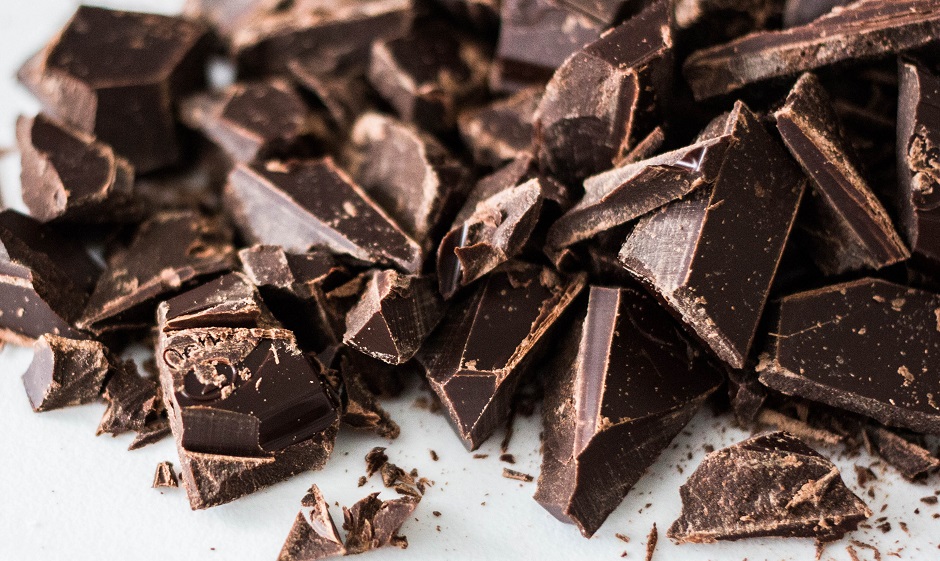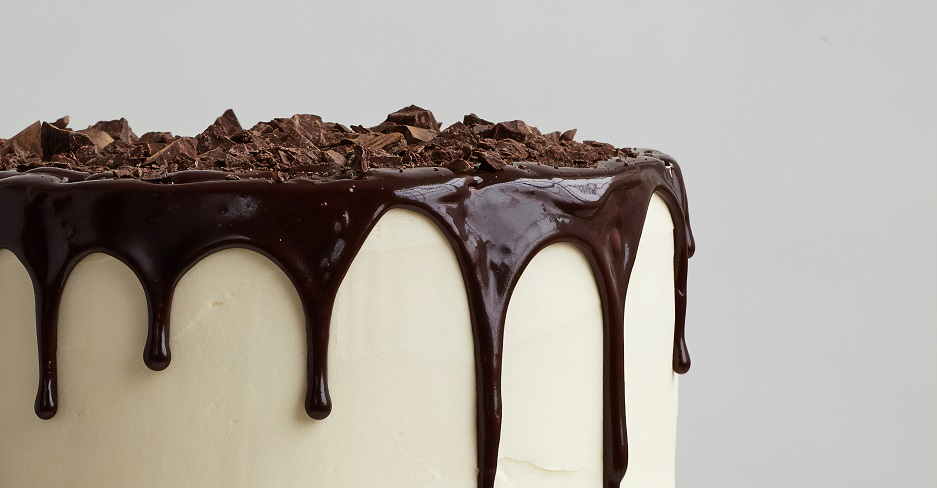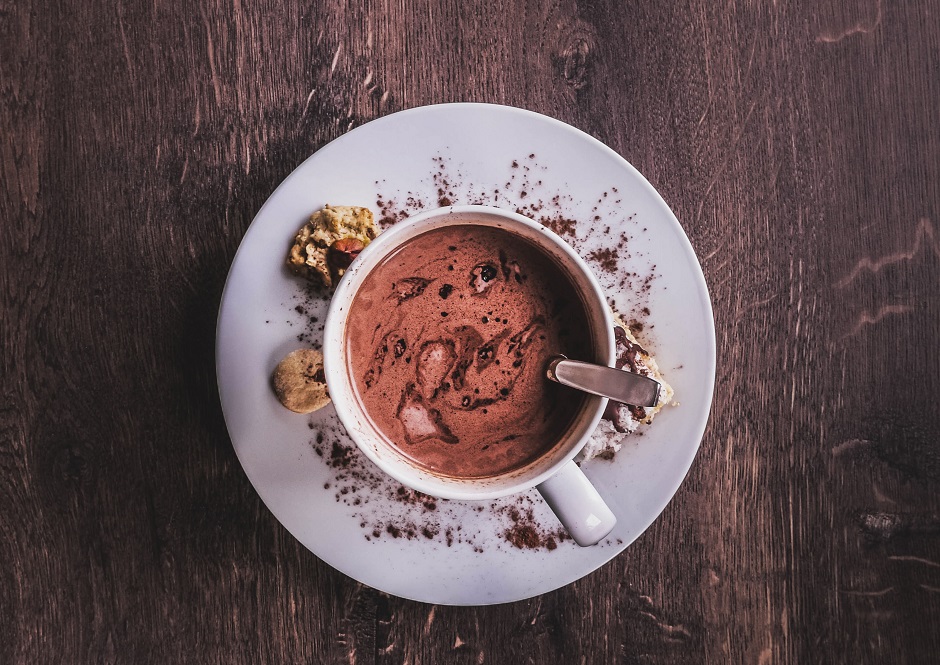International Chocolate Day
It’s International Chocolate Day 2020, and what better way to celebrate it than by talking about Chocolate's deeply rooted history. Chocolate is a favourite across the world, present in all manner of delicacies, ranging from hot drinks to solid bars, to cakes and baked goods.
Despite its popularity, not many understand the origins of modern-day chocolate and how it came to be in it's present form. In this article, prepare to uncover the origins of chocolate, as well as how your coffee shop can satisfy your customer's sweet tooth!
Early Origins of Chocolate
Chocolate and chocolate drinks have a long and interesting history that has now developed into the diverse range of chocolate products we enjoy today.
Whilst we understand chocolate to be a sweet, solid bar in its modern form, it actually began its life in liquid form. It began with the Olmecs, present-day Mexico, who then passed their knowledge on to the ancient Mayans. The Mayans would make hot chocolate using ground-up cocoa seeds and water and would add other ingredients as well, such as chili peppers, which were meant to grant strength and act as an aphrodisiac.
It took until the 16th Century for Europeans to get their hands on the cacao bean, and throughout the next 100 years the ingredient spread throughout the countries of Europe and quickly gained popularity.
The Spanish are credited with serving chocolate drinks hot, sweetened, and without any additional ingredients like chilli, as customary originally in South America.
From Spain, the drink spread throughout Europe, and the world soon after. Dedicated “chocolate houses” were established in cities, similar to the coffee shops we enjoy today. Many of these ‘Chocolate houses’ can still be found in areas of Germany, Belgium and Austria.
Modern Chocolate
The creation of the first modern chocolate bar, which closely resembled the chocolate of today, is credited to Joseph Fry. In 1847, Joseph discovered that you could create a malleable paste by mixing melted cocoa butter with cocoa.
As early as 1868, chocolate had become more widely available in England, thanks to the invention of the steam train. By 1875, both Cadbury and Nestle were marketing their own chocolate products in the UK, as demand for the sweet stuff increased.
Across the pond, chocolate was included in soldiers' rations during the 1775 Revolutionary War and was said to have been used as a currency during the war, with many soldiers trading other items for it.
In the 20th century, the word "chocolate" expanded to include a range of affordable treats with more sugar and additives than actual cacao in them.

Whichever way you like it, though - we can all agree that chocolate is a delicious ingredient; and its popularity is shown in the huge range of chocolate flavoured foods, drinks and creative recipes being enjoyed every day.
Satisfy Your Customer's Sweet Tooth
International Chocolate Day, falling on the 13th, poses a unique opportunity for many independent eateries and cafes.
In a similar fashion to your World Chocolate Day celebrations, why not bake a variety of chocolately goods to offer on the special day. Perhaps discount your hot chocolate for the day, or offer a "make-your-own" hot chocolate service, where customers can pick and choose their own ingredients and toppings. This way, you have something to promote and shout about on social media, and customers benefit from gorging on chocolate at a reduced price (a definite win-win).
If you're feeling even more creative, perhaps think about running group cooking classes (remembering to stick to government guidelines). You could organise an after-hours cooking lesson, where 6 or so customers can experience making their very own chocolate goodies, be them cookies, cakes or muffins. This will not only diversify your coffee shops' income stream but will also ensure your coffee shop stands out from other independent eateries.
With Macmillan Coffee Morning coming up, why not conjoin the two activities into one? Celebrate International Chocolate Day whilst simultaneously raising money for a brilliant cause, and one that has been so badly affected by the pandemic. For the event, perhaps have your staff members recreate their favourite chocolate dishes and have your customers rank them, with the winner being gifted a shorter working day. In return, ask for a donation for every cake they wish to try.

International chocolate day is a global celebration of all things chocolate and that should be an inclusive experience for everyone who wishes to spoil themselves, regardless of their dietary needs.
For this reason, any products you offer for International Chocolate Day should be as inclusive as possible. Dairy-free alternatives should be available, as should nut-free products. By representing all needs, you expand your potential customer base and make it easier for groups of friends to enjoy the same coffee shop together. If you want to learn more about how your coffee shop can become more inclusive, read our blog on the growth of veganism or perhaps our blog documenting the best dairy-free alternatives your coffee shop can offer.




